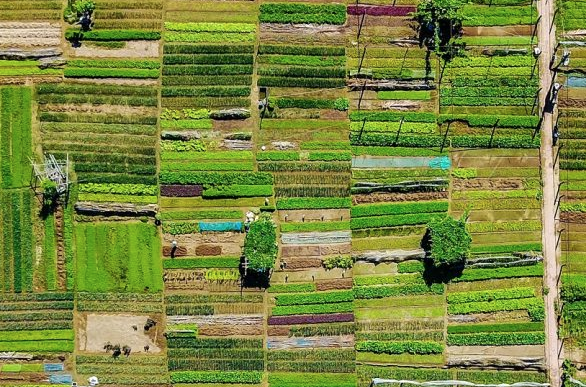Raising Agrifood Yields Is Not Enough to Achieve Global Food Security
Solving Hunger Through Post-Harvest Loss Reduction

Raising Agrifood Yields is not enough to Achieve Global Food Security
People are still hungry. Despite decades of increasing agricultural yields in less-industrialized regions of the world, in large part thanks to the support from international agencies such as USAID, The Rockefeller Foundation, and the Bill and Melinda Gates Foundation, hunger persists. According to the Famine Early Warning Systems Network, food production over the past five years has generally increased worldwide. We grow enough food to feed the world’s population. Why does food security remain so elusive? The answer to global hunger lies in the food supply chain—specifically in reducing the amount of food that rots or becomes contaminated before reaching consumers, or as it is otherwise known, “post-harvest loss.”
According to the FAO and USAID, up to 50 percent of all food produced in low-income countries is lost due to improper handling and storage. The magnitude of this loss is alarming, especially in light of increasing food insecurity due to population growth, forced migration, and climate change. Many populations now rely on food aid, originally intended for emergency famine relief. Rather than treating the symptoms of the problem, however, the long-term solution requires an intimate understanding of the issue at a systems level.
To keep pace with demand, farmers have traditionally been encouraged to increase crop and livestock yields. This is a destructive, unsustainable strategy. Increasing productivity to improve food security implies increasing land conversion and water use, raising important social and environmental tradeoffs. While expanding the amount of land under cultivation strains already limited resources in many countries, growing the size of livestock populations further deteriorates land with a compounded impact of greenhouse gas emissions on our shared atmosphere.

